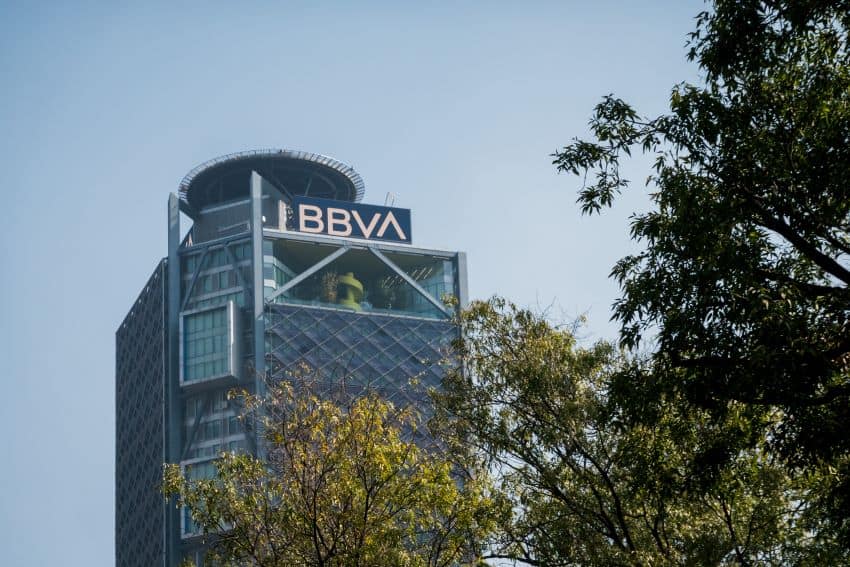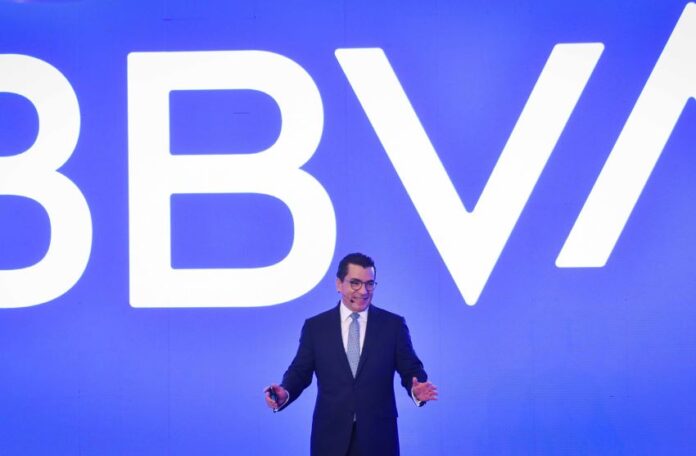BBVA, the largest financial group in Mexico, has announced a historic investment of 100 billion pesos (US $5.1 billion) for the next six years.
The announcement was made by BBVA Mexico’s Vice President and CEO Eduardo Osuna during the bank’s National Meeting of Regional Councillors (RNCR) which brought together businesspeople, clients and investors.

Osuna said the investment would go toward technology and physical infrastructure to keep “transforming the bank.”
“When we say more than 100 billion pesos, it is because technology is advancing so quickly that we have to modulate where we direct this investment,” Osuna said.
During the meeting, global head of BBVA Carlos Torres Vila said that the multi-million dollar investment is a reflection of the institution’s trust in Mexico.
“It’s not just an investment; it’s trust, a long-term vision, and a commitment to the more than 30 million customers we serve in the country,” he said. “Mexico has the structural strengths and competitive advantages to emerge stronger in this increasingly complex world.”
Torres recalled that Mexico had positioned itself as the United States’ main trade partner when it surpassed China in 2023 for the first time in 20 years. In 2024, he noted, that lead increased.
Torres added that even amidst increasingly uncertain times, foreign direct investment in Mexico grew 5.4% in the first quarter of 2025 compared to the first quarter of last year.
“And as time passes and uncertainty regarding the level of global tariffs decreases, investment in Mexico will resume its growth,” Torres speculated. He added that pending the renegotiation of the United States-Mexico-Canada Agreement (USMCA), which may occur this year, the U.S. tariff system currently “puts the country in a more advantageous position compared to other competing countries, particularly in relation to China.”
According to Torres, Mexico will likely be the country to face “the fewest trade barriers from the U.S.”
Mexico’s advantages, according to Torres, include competitive labor costs, a strategic location, high integration of value chains in complex products with the U.S., and a growing capacity to offer high value-added products and services.
However, Torres acknowledged that the Mexican economy has slowed down, and that it will likely continue to shrink compared to last year. Yet, his outlook for the medium term is positive thanks in part to President Claudia Sheinbaum’s Plan México.
“[Plan Mexico] is an ambitious plan with a broad vision that encompasses multiple initiatives in very diverse areas,” Torres said. “It will ensure that Mexico not only successfully tackles global challenges, including economic ones, but also emerges stronger.”
With reports from La Jornada
